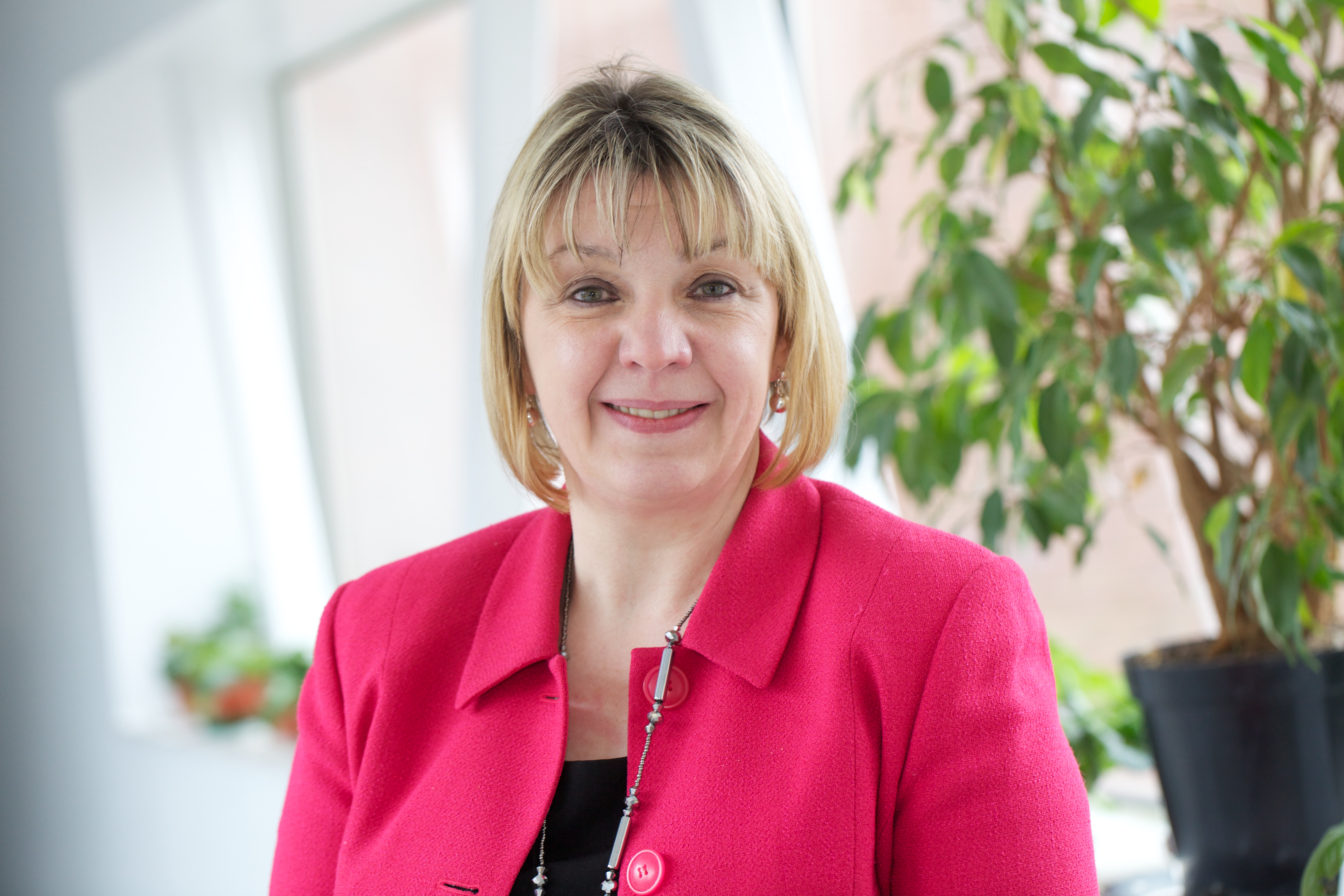MANCHESTER researchers have identified a protein that controls how breast cancer cells spread around the body, according to a Cancer Research UK-funded study published in Science Signaling* today.
This study sheds light on how cancer cells leave the blood vessels to travel to a new part of the body, using a technique that allows researchers to map how cancer cells interact and exchange information with cells that make up the blood vessels.
When tumour cells spread, they first enter the blood stream and grip onto the inner walls of blood vessels. The researchers found that the cancer cells control a receptor protein called EPHA2 in order to push their way out of the vessels.
When cancer cells interact with the walls of the blood vessels, EPHA2 is activated and the tumour cells remain inside the blood vessels. When the EPHA2 is inactive, the tumour cells can push out and spread.
Dr Claus Jorgensen, who led the research at The Institute of Cancer Research, London, and at Cancer Research UK’s Manchester Institute at the University of Manchester, said: “The next step is to figure out how to keep this receptor switched on, so that the tumour cells can’t leave the blood vessels – stopping breast cancer spreading and making the disease easier to treat successfully.”
Sharon Quennell, from Chadderton in Oldham was diagnosed with breast cancer in 2000 at the age of 36 after noticing a lump on her left breast. The mum-of-one was diagnosed just two years after her mum, Audrey, had been diagnosed and successfully treated for the disease.Sharon underwent surgery followed by 12 weeks of chemotherapy treatment. The 51-year-old, who works at North Manchester General Hospital, made a good recovery. She celebrated 15 years in the clear from cancer in 2015.
She said: “I was fortunate that my breast cancer was caught at an early stage. But that’s not always the case. Because of what had happened to my mum I was extremely vigilant about checking myself.
“My mum and I always welcome any form of breakthrough into breast cancer.And the fact that this research work is happening on our doorstep in Manchester is just tremendous.I take part in Cancer Research UK’s Race for Life event religiously every year in Manchester and it’s great to see that the money my friends and I raise is being put to such good use.”
Nell Barrie, Cancer Research UK’s senior science information manager, said: “This is important research that teaches us more about how breast cancer cells move. Research like this is vital to help our understanding of how cancer spreads, and how to stop this from happening. More research is needed before this will benefit patients but it’s a jump in the right direction.”







